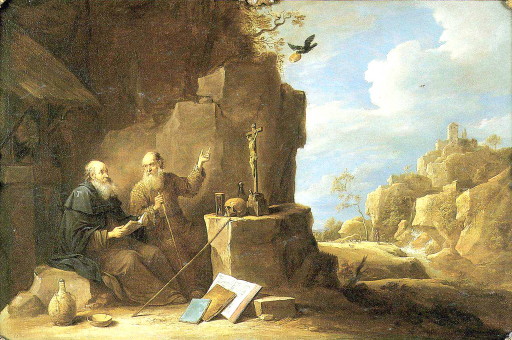Mon 14 Sep 2015
Of a strangeness on the shore
Posted by PJ under classics, fairies, folklore, gods, stories, storytelling, tricksters
[2] Comments
While recently reading American Folklore by Richard M. Dorson, I came upon a passage relating the curious testimony of John Josselyn from 1638. He’d taken ship to New England and upon arriving in Massachusetts Bay, was catching up on news from those he met on shore, including prodigious tales of earthquakes, mermen, monster births. He went on to say:
Mr. Foxwell came forth and related how he had passed a night at sea in a small shallop, hugging the shore but afraid to land; suddenly at midnight a loud voice called him, “Foxwell, Foxwell, come ashore,†and upon the beach he beheld a great fire ringed by dancing men and women. After an hour they vanished, and next morning Foxwell put ashore and found their footprints and brands’ ends on the sand. But no living Englishman or Indian could he find on shore or in the woods.
The passage is odd in itself, to be sure, and although logical reasons might be found to explain it, they are no fun at all. I reject them soundly. I love the fairy-like creepiness of it, and think it’s a good thing Mr. Foxwell was too timid to put ashore. The story really sets my imagination to quivering.
But the passage has extra resonance, extra quiveration, because it reminds me of a more famous passage, this one from Plutarch, On the Failure of Oracles, 17-1:
The father of Aemilianus the orator, to whom some of you have listened, was Epitherses, who lived in our town and was my teacher in grammar. He said that once upon a time in making a voyage to Italy he embarked on a ship carrying freight and many passengers. It was already evening when, near the Echinades Islands, the wind dropped, and the ship drifted near Paxi. Almost everybody was awake, and a good many had not finished their after-dinner wine. Suddenly from the island of Paxi was heard the voice of someone loudly calling Thamus, so that all were amazed. Thamus was an Egyptian pilot, not known by name even to many on board. Twice he was called and made no reply, but the third time he answered; and the caller, raising his voice, said, ‘When you come opposite to Palodes, announce that Great Pan is dead.’ On hearing this, all, said Epitherses, were astounded and reasoned among themselves whether it were better to carry out the order or to refuse to meddle and let the matter go. Under the circumstances Thamus made up his mind that if there should be a breeze, he would sail past and keep quiet, but with no wind and a smooth sea about the place he would announce what he had heard. So, when he came opposite Palodes, and there was neither wind nor wave, Thamus from the stern, looking toward the land, said the words as he had heard them: ‘Great Pan is dead.’ Even before he had finished there was a great cry of lamentation, not of one person, but of many, mingled with exclamations of amazement.
The sea holds many mysteries and dangers, but let’s not forget that strange shores do as well.
You can find the rest of this Loeb Classics Library translation of Plutarch here.


